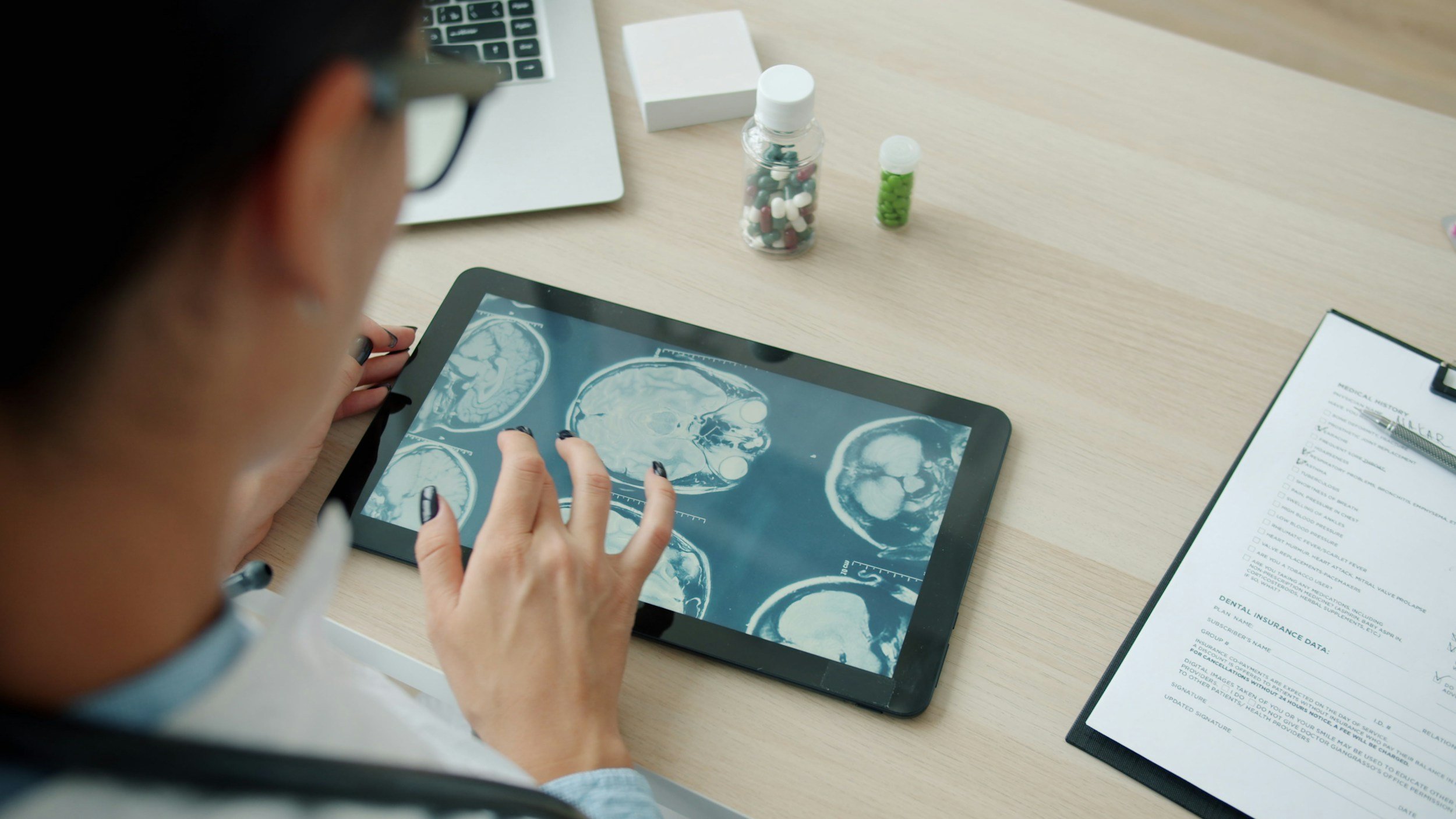What Are the Top Myths About Back Pain?
The one truth about back pain is that it can interfere with your quality of life. It can range from mild to severe and from occasional to chronic pain. If you are living with back pain, it is important to speak to your doctor to rule out underlying medical conditions and learn about recommended treatment. Back pain misconceptions could keep you from seeking treatment. Here we list the top back pain myths to help you avoid misunderstandings.
“BACK PAIN CAN LEAD TO PARALYSIS”
Although this can be true, it is very rare. This is because, in order for paralysis to happen, the spinal cord or nerves within the spinal cord need to be affected. The sensory and motor signals would have to be lost or decreased which is unusual because the nerves and cord are well protected. If the nerves and cords are affected, the sooner you seek assistance, the better chance there is treatment will relieve the tissue and reduce the risk for complications. If you suffer from back pain, numbness in the genitals or groin, or leg pain, you should speak to your doctor right away to avoid risk for nerve damage.
“ONLY INJURY CAUSE BACK PAIN”
Although injuries can lead to back pain, the truth is that most back problems happen over time. Things such as wear and tear, poor posture, repetitive trauma, or even weight gain are common causes of back pain.
“SEVERE BACK PAIN IS A SIGN OF A SERIOUS HEALTH ISSUE”
Because pain is quite personal, the level of back pain alone is not an indication of how serious a health issue might be for someone. Back pain, in general, can be a symptom of many different issues caused by pulled muscles, stretched ligaments or something more serious such as issues with spinal nerves and/or discs. Something like a pulled muscle can cause very serious pain, while something like a herniated disc can be serious, but not cause pain at all. If you continue to experience back pain, whether it is mild or severe it is always best to speak to your doctor.
“BACK PAIN IS NOT GENETIC”
Unfortunately, it is possible that biochemical, metabolic, and functional capabilities affecting the back tissue can be caused by genetic factors. If you suffer from lumbar degenerative disc disease or osteoarthritis of the spine there is a high chance these issues are in fact inherited.
“BACK PAIN WITHOUT A SPECIFIC DIAGNOSIS IS ‘PSYCHOLOGICAL’”
The spine is complex and therefore you can experience pain without a specific structural diagnosis available. In fact, back pain can be one of the most challenging symptoms for doctors to diagnose as it can be related to so many different conditions including something called referred pain. Referred pain is caused by other issues which can complicate the diagnosis process. Because there are so many possible health issues including serious problems such as a tumor or infection, you should always seek medical advice when your back pain is persistent.
“GAS CAN CAUSE BACK PAIN”
As mentioned above, there is an endless list of possible causes for back pain. Abdominal bloating and intestinal gas can lead to pressure that can result in sharp pains, but these pains tend to affect the stomach or chest area. In some rare cases, however, the bloating and gas can cause referred pain to the back. However, there is a different kind of gas that affects the spine due to bubbles in the spine and/or the cerebrospinal fluid. When the bubbles move, they can cause back pain, but this is not related to intestinal gas and bloating.
“SITTING HELPS AVOID BACK PAIN”
Sitting only avoids back pain if you are using an “ergonomically supported posture”. Most people don’t do this or require an ergonomically correct chair to reduce the stress of their tissues and joints. In order to avoid back pain when sitting, it is best to sit straight keeping your shoulder blades down and your shoulders back. You also need to keep your feet flat on the floor and your legs apart to align with your hips.
Lower back support helps support your back’s natural curve. As well, you should be taking hourly breaks from sitting to do some stretches or walk around your office to reduce constant pressure on your tissue. Prolonged slouching or hunching leads to weakness in the trunk and lower back and increased load on your discs which contribute to risk for herniation and back pain.








